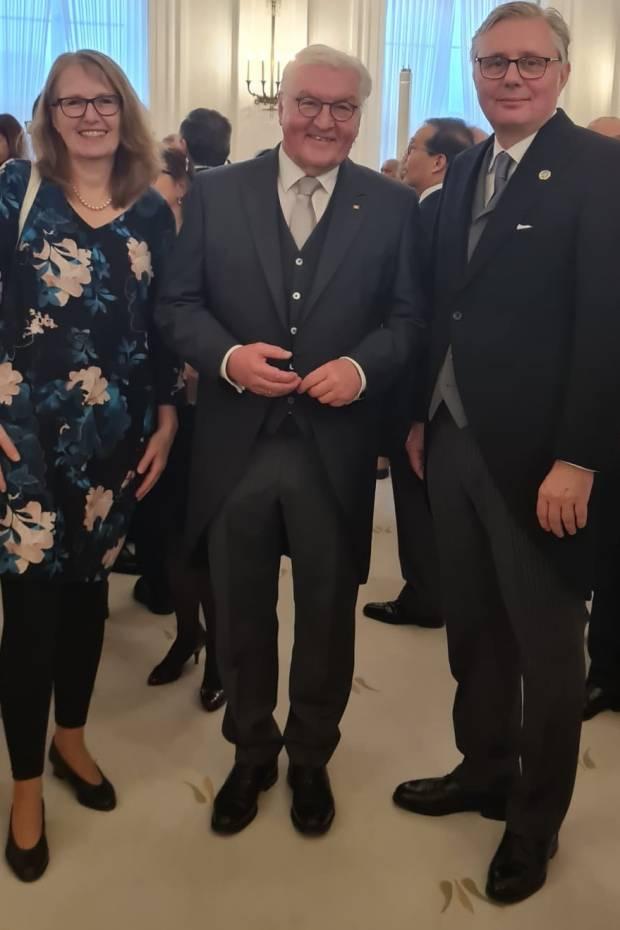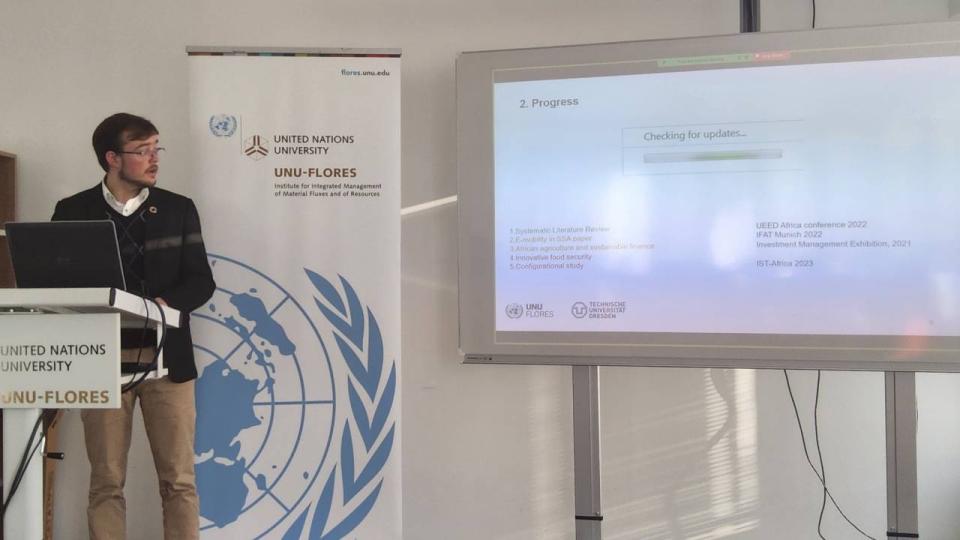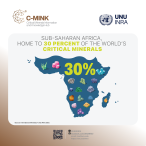The result of a Framework Agreement between UNIDO ITPO Germany and UNU-FLORES, sponsored Doctoral Researcher, Christian P. Schneider, reports below on his study of the barriers to adaptation and implementation of innovations related to environmental resources in sub-Saharan Africa.
There is a great divergence between the Global North and the Global South in relation to climate change adaption, as developing countries do not have the financial means to combat the effects of this phenomena. Industrialised nations, on the other hand, possess the majority of the global innovations designed to mitigate these negative consequences.
This contrast is most stark with respect to Africa, which, despite being home to the second-largest population across all continents, only accounts for around 0.5 per cent of all patents registered in 2019. At the same time, Africa is the poorest continent and does not have the means to respond to droughts or severe flooding, although there has been a dire need to do so in recent years.
In this context, politicians and international organisations have long called on technology transfer to bring innovations to where they are most needed. There are remarkable similarities between the United Nations Framework Convention on Climate Change from 1992 and Sustainable Development Goal 17. Considering, however, that little seems to have been achieved in this regard during the past 20 or so years, the question as to ‘why not?’ becomes ever-more pressing.
As a UN institution that supports German enterprises in their cooperation with counterparts from developing countries, UNIDO ITPO Germany acknowledges that more must be done to follow these calls. To aid this endeavour, the Investment and Technology Promotion Office (ITPO) in Bonn, Germany, relies on the most up-to-date analyses. At times, however, there is a distinct lack of research available to support this.
To that end, UNIDO ITPO Germany has joined forces with the United Nations University – Institute for Integrated Management of Material Fluxes and of Resources (UNU-FLORES) to fill this gap. As a UNU Institute – therefore forming the academic arm of the UN – UNU-FLORES's research emphasis is on the sustainable use and integrated management of environmental resources through the Resource Nexus. This specialist field uniquely situates UNU-FLORES in a position to analyse those problems preventing the use of relevant innovations. The cooperation between the two UN institutions also facilitates a distinct opportunity to better understand the complex issues hindering adaptation efforts in Africa and the role that German innovation can play in supporting the achievement of SDG 17.

This research project makes use of the extensive network of German and African companies, policy advisors, and governmental agencies that UNIDO ITPO Germany has created. Leading scientists from UNU-FLORES will, on this basis, analyse various barriers hindering the widespread use of German innovations designed to combat the negative effects of changes to the climate and the environment. This ambitious project is therefore ideally positioned at the intersection of economic realities, cutting-edge scientific research, and international cooperation. The expected output will be relevant to all stakeholders; it will aid in furthering scientific research, and in improving businesses’ ability to expand into the growing African market. Additionally, the results will be used to form policy advice to developmental agencies and ministries, and to provide international investment and trade promotion agencies with new insights, among other benefits.
To achieve its objective of analysing and understanding the barriers obstructing the adaptation of innovations related to environmental resources in Africa, the project takes an interdisciplinary approach to combine economics with political science. The research takes the perspective of German companies and assesses their collaborative activities with enterprises in Africa to implement innovations related to water, soil, waste, and energy.
Alongside mapping the existing research landscape, the project also aims to conduct several case studies centred around selected international technology transfer projects. These case studies will cover both the specifics regarding the adaptation and implementation of the individual innovations, and the more general aspects around social acceptance, the regulatory environment, and cooperation-related problems. The research will also benefit from different national contexts and economic sectors; providing output with a broad coverage while maintaining a perspective on details and specifics with a rigorous case study methodology.
This research project is expected to produce vital outputs in support of SDG 17 ‘Partnerships for the Goals’ and is of importance to international trade and investment partnership offices, businesses and, ultimately, the African beneficiaries of increased technology transfer.
About the Researcher
The project is run by Christian P. Schneider, a doctoral candidate at UNU-FLORES. Christian has a strong academic record, completing his M.A. degree in 2020 in International Relations and Development Policy, and significant practical experience working in international development across several institutions and in the context of different African countries. A political scientist by training, his research interests include the diffusion of innovations across borders, African politics and governance, as well as the adaptation and mitigation of the effects of climate change.





